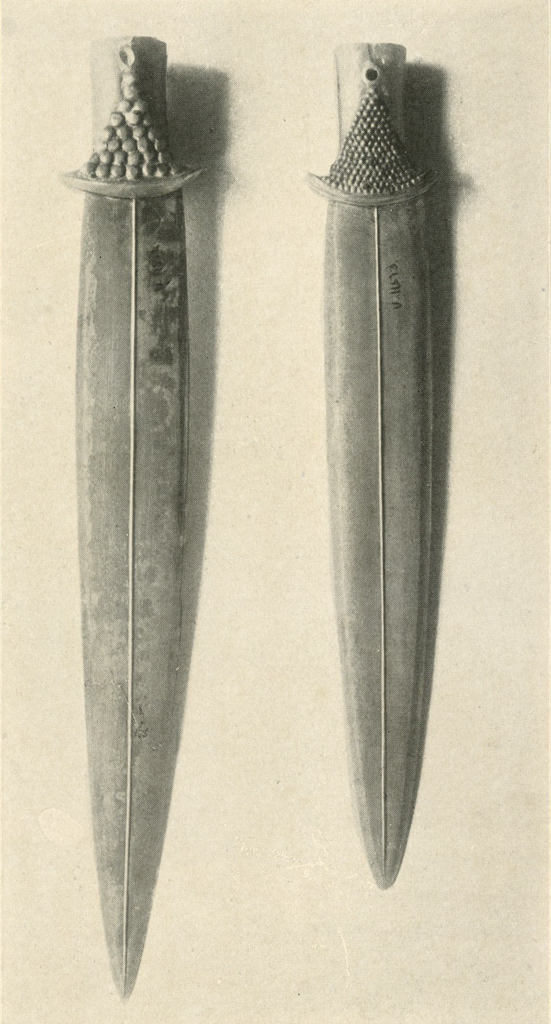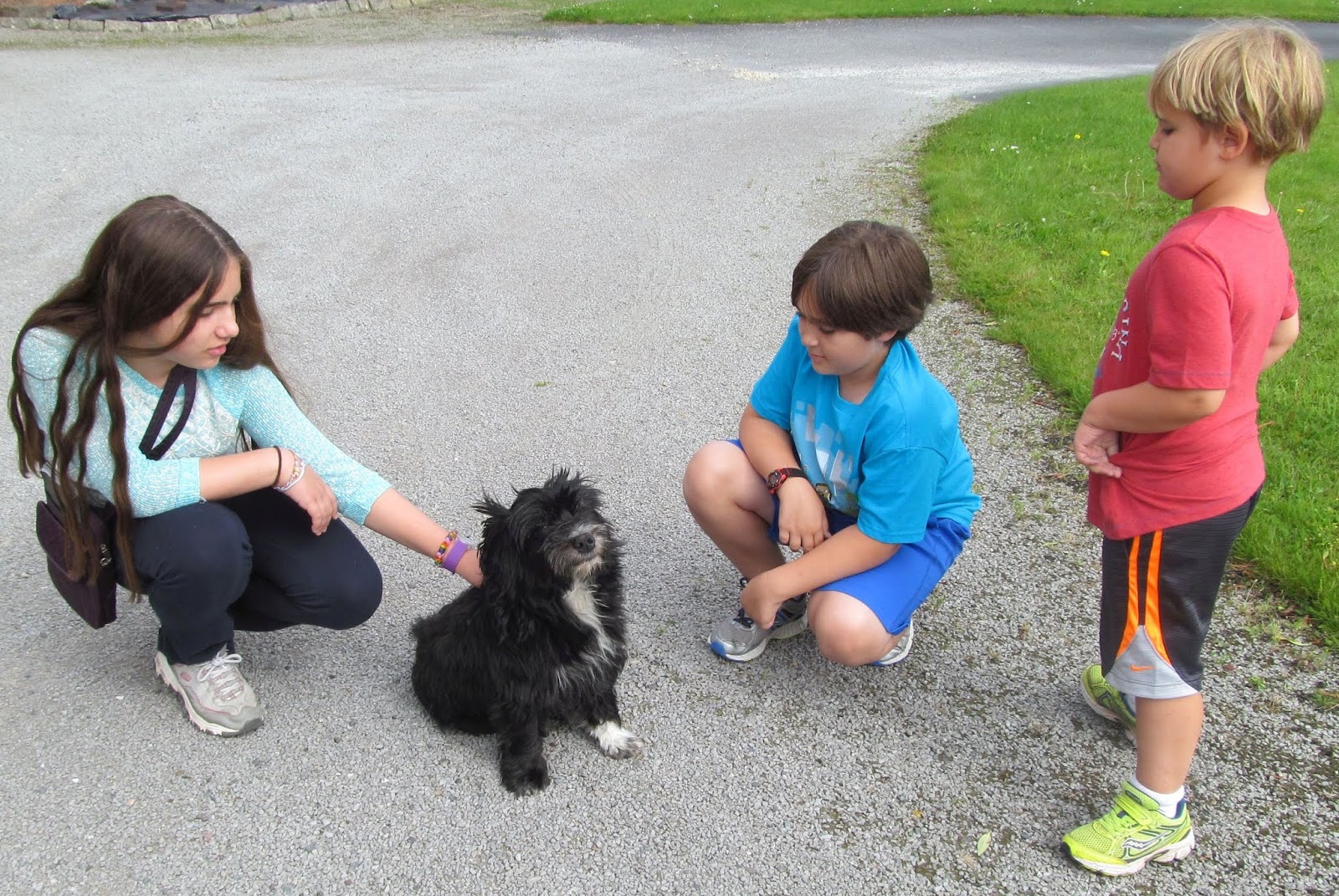

Pieces - "Pieces " is a word that means "fragment" and "morsel." It is the noun form of the verb used earlier that means "break into pieces."Īre left over, - ( WF) The verb translated as "are left over" also means to "to go beyond" or "to surpass." Here it has the sense of "being superfluous." It is a participle so "being left over." The word translated as "lost" means to "destroy" or "demolish." However, it can also mean to "lose" things. However, the form is either the future tense "will be" or a subjunctive, "should be." Thing - The word translated as "thing" means primarily "anything" or "anyone," but can be used to mean someone of note as we would say "a someone."īe - (WW) This helping verb indicates the present tense of the verb. When it precedes other words, its force is limited to those words. With the verb "to be," the sense is "doesn't seem." When a negative precedes the verb, it affects the whole clause. The sense is that "you don't want" or "think" something, not that it isn't done or thought. No- The negative used here is the Greek negative of a subjective opinion, commands, and requests. That - The word translated as "that" is an adverb "in that place," "there," "where," "when," or as a conjunction that starts a subordinate clause "that," "in order that" or "because." It is not a word usually translated as "remain." Remain, - ( CW) The verb translated as "remain" also means to "to go beyond" or "to surpass." Here it has the sense of "being superfluous." It is a participle.


It was added because the next verb was translated as active rather than as a participle. That - ( IW) There is nothing that can be translated as "that" in the Greek source. The - The word translated as "the" is the Greek definite article, without a noun, it has the sense of "the one." The Greek article is much closer to our demonstrative pronouns ("this," "that," "these," "those") than the English "the." See this article for more.įragments - " Fragments" is a word that means "fragment" and "morsel." It is the noun form of the verb used earlier that means "break into pieces." Up -( WW) This is from the prefix of the word that literally means "together." He only uses it to mean "gather" other things occassionally. Jesus most often uses this word to mean bringing people together. Gather -The Greek word translated as "gather" means "to bring together." It has many different uses. (3rd sg fut ind act or verb 3rd sg aor subj act) "Be lost" is apollymi, which means "to demolish," "to lay waste," "to lose," "to perish," "to die," "to cease to exist," and "to be undone." KJV Analysis: In a question, it can mean "who," "why," or "what." - The Greek word translated as "some" in the singular means "anyone," "someone," "something," and "anything." In the plural, it means "some," "they," and "those." Τι(pron sg neut acc) "-thing" is tis which can mean "someone," "something," "any one," "everyone," "they ," "many a one," "whoever," "anyone," "anything," "some sort," "some sort of," "each," "any," "the individual," "such," and so on. used in a warning or statement of fear, "take care" It can be the conjunction "lest" or "for fear that." Used before tis with an imperative to express a will or wish for something in independent sentences and, with subjunctives, to express prohibitions. Μὴ (partic) "No-" is me, which is the negative used in prohibitions and expressions of doubt meaning "not" and "no." As οὐ (ou) negates fact and statement μή rejects, οὐ denies μή is relative, οὐ absolute μή subjective, οὐ objective. Ἵνα(adv/conj) "That" is hina, which means "in that place," "there," "where," "when," but when beginning a phrase "that," "in order that," "when," and "because." Κλάσματα, " Fragments" is klasma, which means "fragment" and "morsel.". Περισσεύσαντα(part pl aor act neut acc) "That remain" is perisseuo which means "to be over and above," "to go beyond," "to abound in," "to be superior," and, in a negative sense, "to be superfluous." Τὰ(article neut pl acc) "The" is the Greek definite article, hos, ("the"). Συναγάγετε(verb 2nd pl aor imperat act) "Gather" is synago, which means "bring together," "gather together," "pit ," "join in one," "unite," "make friends of," "lead with one," "receive," "reconcile," "draw together," "narrow," "contract," "conclude ," " infer," and "prove."


 0 kommentar(er)
0 kommentar(er)
